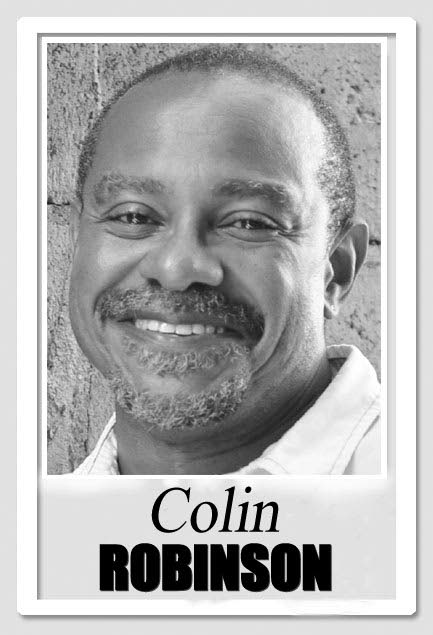He touch me

Last week, grabbing media headlines after the suspected killing of yet another young woman by her partner, Senator Visine raised concerns about such men who have killed their lovers later using the defence of provocation to achieve leniency. Laws ought to be amended to prevent this, she campaigned, highlighting the existence in law of such a defence.
Leading legal voices were quick to disagree. Out of “far left field,” the Attorney General commented; in all his consultations recently on amendments to the Domestic Violence Act, no one at all had brought this up.
There just isn’t evidence this happens, others noted. And, further, why are we coming to rely more and more deeply on the law as a solution to TT’s problem of domestic violence, when social solutions are what are really needed.
Senior Counsel Sophia Chote spoke out in a news story in these pages, suggesting that perhaps what TT ought to do instead is relinquish our role as the sole remaining state in the hemisphere with a mandatory death penalty, and allow our judges sentencing flexibility in capital cases. She also weighed in, as she did recently while an Independent Senator during the debate, criticising the continuing lack of protection for same-sex couples in the Domestic Violence Act, despite its recent overhaul by the Parliament after 20 years.
Which made me recall how the use of the defence of provocation has been documented as a concern for judicial fairness in the case of some particularly gruesome murders.
Of gay men in the Caribbean.
Back in 2013, Se-shauna Wheatle researched a report on this matter, published originally by U-RAP, the UWI Faculty of Law Rights Advocacy Project. It looked at cases, including two notable trials where killers of gay men – Marvin Marcano and Clem Philbert – successfully diminished the value of their victims’ lives by claiming that their homosexuality had been a provocation to lethal violence against them. The two killers’ sentences were reduced or commuted by appellate judges, and they live and walk among us.
Wheatle’s scholarship on this matter has since appeared in other legal publications: http://bit.ly/Wheatle_HomoProvocation.
The provocation defence was an issue in the local courts as recently as 2017, when Anderson Gould was sentenced in the murder of Oral Brathwaite. Gould pleaded guilty to stabbing the Petrotrin supervisor and father of four to death. News reports in 2009 described a chase through streets and yards.
After almost nine years awaiting trial, Gould’s sentence was reduced to five more, after mitigation for the claim that Brathwaite kissed him on the neck after he met him to discuss employment. Magistrate Maria Wilson accepted a lesser plea of manslaughter.
Wheattle’s report called for law reform. Maybe gay men deserve for the law to be changed.
Another year ahead
I had a birthday go by. I say "go by" deliberately. One of my hundreds of Facebook greeters wished that I’d enjoy it to the fullest. I promised her to do at least half full.
Not to be melodramatic, but those closest to me all acknowledge that this might well be my last birthday. When I first took account of that, I knew I needed to make it the best (or “fullest”) celebration I could.
It never turned into that. Far from it; I planned nothing. Not even something small and special. I’m terribly lazy at planning parties for others; and no one volunteered. My birthday is typically something very small and unremarkable.
But, more than that, it was about the covid19 landscape, where gathering people is a health calculus, and getting the ones I miss most to be close would be impossible due to international travel restrictions. I was clear that a Zoom affair held zero interest for me.
Both I and my loved ones could feel wracked with guilt over losing this last opportunity for a birthday celebration when I might not make it to 60. But I am holding on to the idea of half-full. Some loved ones did do some really special things.
It was my brother-in-law’s awkward greeting, as I turned the corner into the kitchen for breakfast, however, that completely saved the day.
“Another year ahead,” he said, from somewhere I couldn’t see him. Instead of looking back in regret, I can instead look forward as far as I can to creating multiple moments with others for celebration. One by one.

Comments
"He touch me"